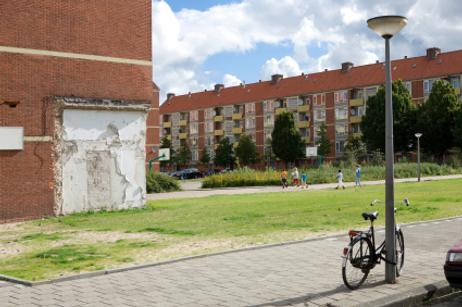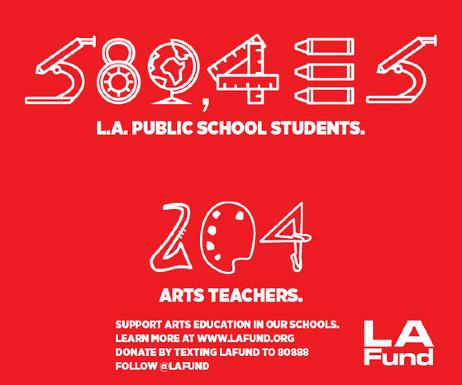As kids begin the back-to-school ritual of purchasing school supplies and packing up backpacks, students in Chicago are facing a very different type of readiness routine. Many of the students in this city are facing a new school this year because their old school was closed due to district budget cuts. What’s more, the walk to the new school may be a much more dangerous trek than the one to the old school. Students are now facing very real fears and dangers that district officials are struggling to address to the satisfaction of everyone involved.
Record-Breaking Closures
According to the , Chicago is currently in the midst of one of the largest school shutdowns in American History. The district has closed 49 schools and laid off around 800 teachers. Chicago Mayor Rahm Emanuel and district officials cite a $1 billion budget deficit as the reason behind the huge move. The budget deficit was attributed to reduced state funding, ballooning pension payments, and a significant increase in salary and benefits for district staff.
The closures sounded good on paper – at least to some. Closing schools that were not filled to the brim with students could save the district millions. Transferring those students to schools nearby allowed the school district to more effectively allocate resources. The decision appeared to be a win-win.
Consequences No One Thought Of
Except no one took into consideration that forcing children to walk a few extra blocks





















